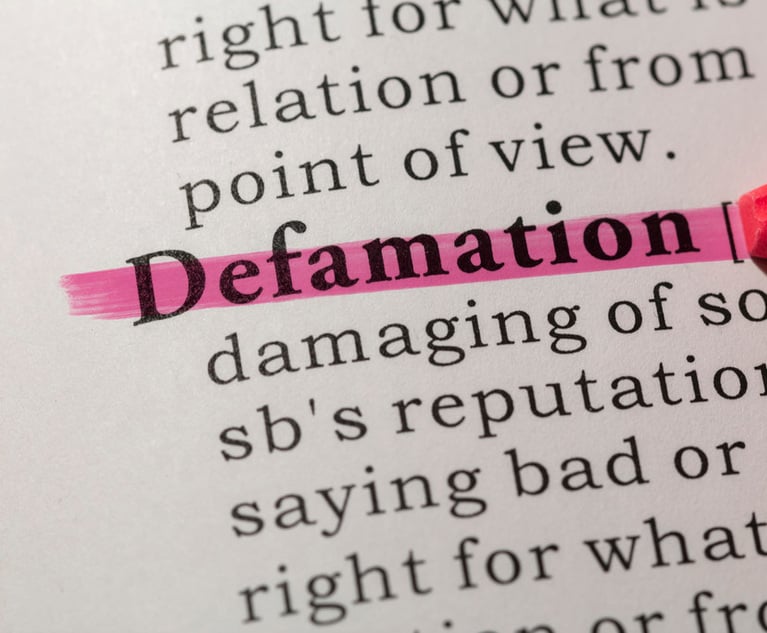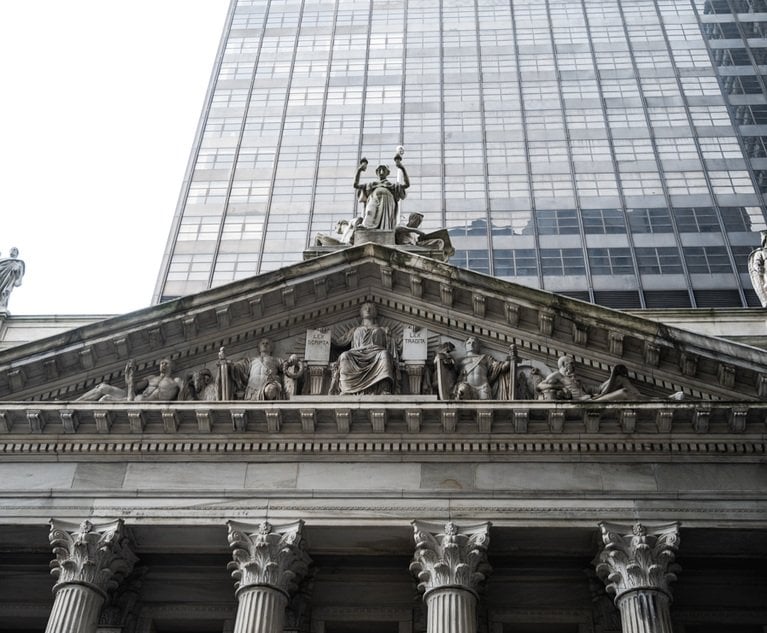It is often said that truth is an absolute defense to liability in a defamation case. A well-known variant of this is when the speaker believes in good faith that the statement is true even if it later turns out to be false. As the Supreme Court famously held in New York Times Co. v. Sullivan, 376 U.S. 254, 280 (1964), when the plaintiff is a public figure and the speaker made the false statement without “malice”—i.e., without knowledge of its falsity—there can be no liability.
Against this backdrop, it may come as a surprise to some that in certain instances, even when the speaker knows for certain that the defamatory statement is false, the speaker still cannot be held liable for defamation. In other words, no matter what the speaker says about the plaintiff—regardless of how horrible or vicious the false allegations are—there is nothing the plaintiff can do. The plaintiff is defamation-proof.


 Credit: Devon Yu/Adobe Stock
Credit: Devon Yu/Adobe Stock




